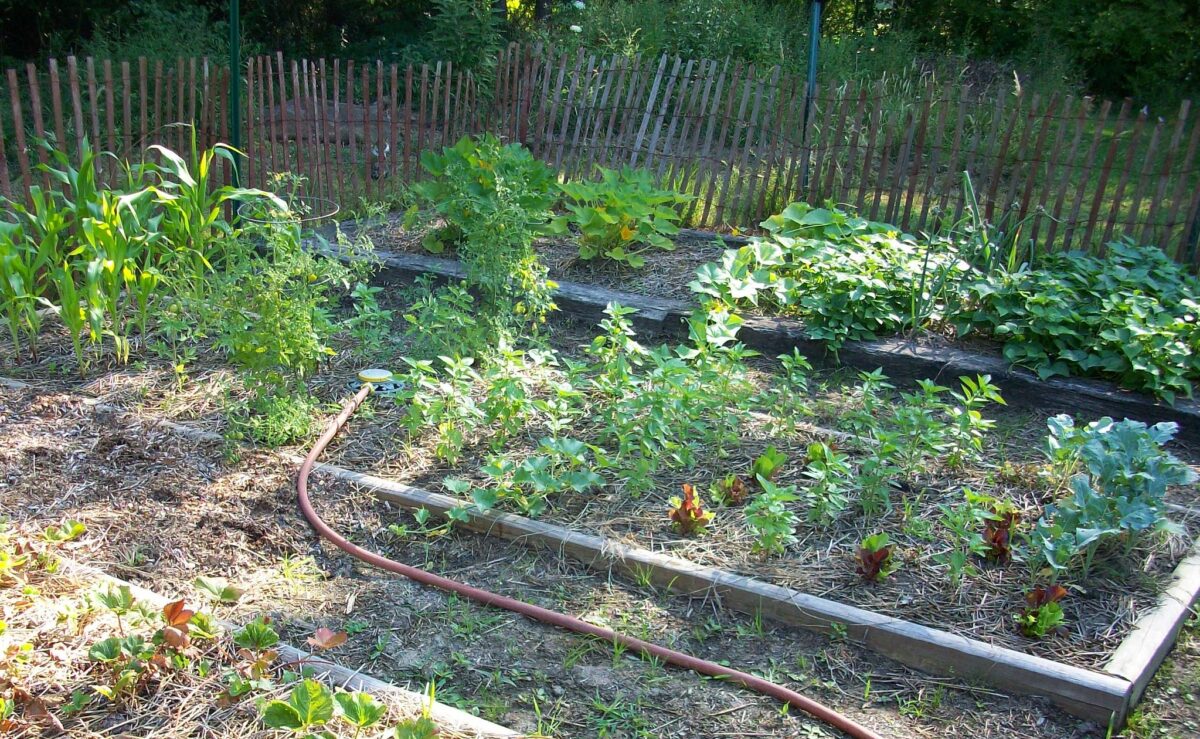In early 2020, in the midst of the covid lockdowns, blue states run by leftist governors pursued mandates with extreme prejudice. In red states like Montana, after the first month or two most of us simply ignored the restrictions and went on with life as usual. It was clear that covid was not the threat federal authorities made it out to be. However, in states like Michigan the vise was squeezed tighter and tighter under the direction of shady leaders like Gretchen Whitmer.
Whitmer used covid as an opportunity to institute some bizarre limitations on the public, including a mandate barring larger stores from selling seeds and garden supplies to customers. “If you’re not buying food or medicine or other essential items, you should not be going to the store,” Whitmer said when announcing her order. The leftist governor was fine with purchases of lottery tickets and liquor, but not gardening tools and seeds.
She never gave a logical reason why she targeted garden supplies, but most people in the preparedness community understood very well what this was all about: This was a beta test for wider restrictions on food independence. There was widespread rhetoric in the media throughout 2020 attacking anyone stockpiling necessities as “hoarders,” and now they were going after people planning ahead and trying to grow their own food. The establishment did not want people to store or produce a personal food supply.
Another prospect that was being openly discussed among globalists was the idea that lockdowns were “helpful” in ways beyond stopping the spread of covid (the lockdowns were actually useless in stopping the spread of covid). They suggested that the these measures could be effective in preventing global carbon emissions and saving the world from “climate change.” The idea of climate lockdowns began to spread.
The corporate media has since lied about the existence of the climate lockdown agenda, but articles and white papers extolling the virtues of shutting down the planet in the name of climate change are easy to find and read. The globalists and their academic defenders wanted PERMANENT lockdowns, or rolling lockdowns every couple of months, shutting down most human activity and travel outside of basic production.
I have argued in the past that what Whitmer was doing in Michigan was a part of this agenda – That her garden supply ban was part of a wider goal that had nothing to do with public health safety and everything to do with stopping people from prepping. The covid controls were only meant to be a precursor to carbon controls.
This past week we have seen more confirmation of this, as a study out of the University of Michigan claims that homegrown foods produce five times more carbon emissions than industrial farming methods. In other words, private gardens could be considered a threat to the environment. The Telegraph and other corporate platforms have jumped on the story, and I believe this is cause for concern.
The study includes analysis of various gardens…





